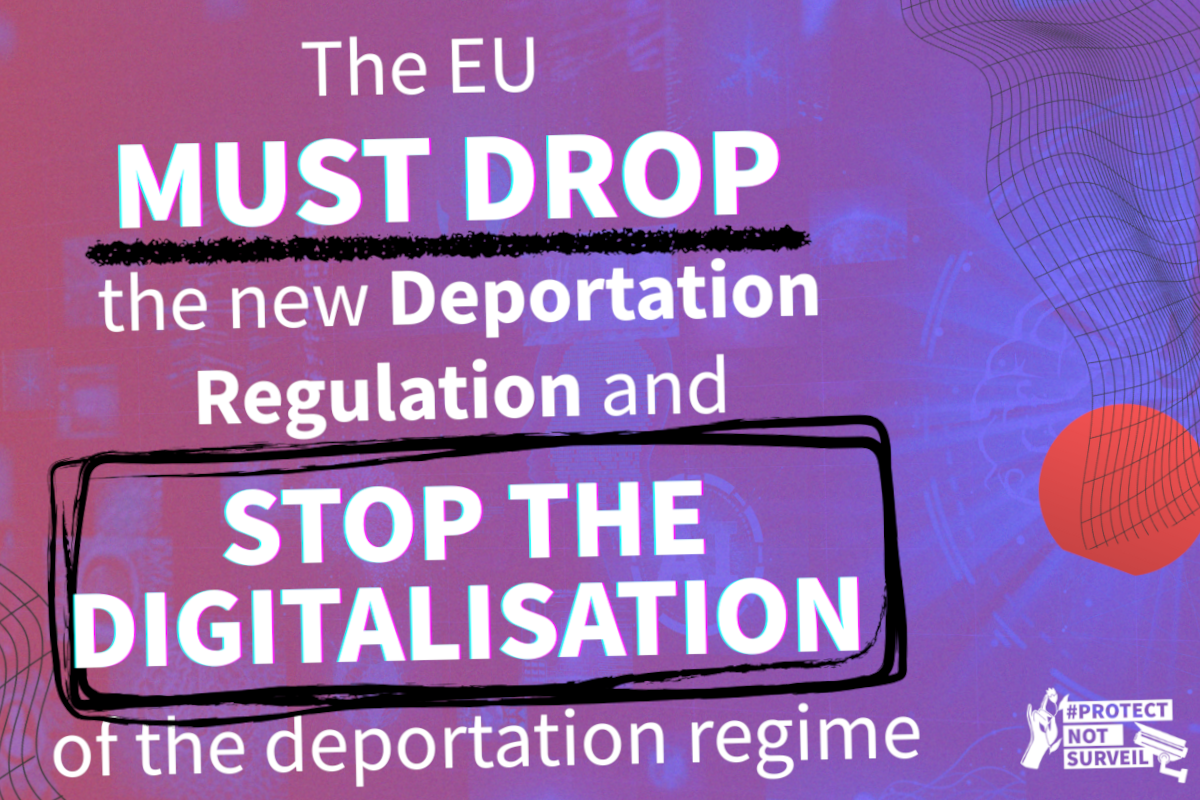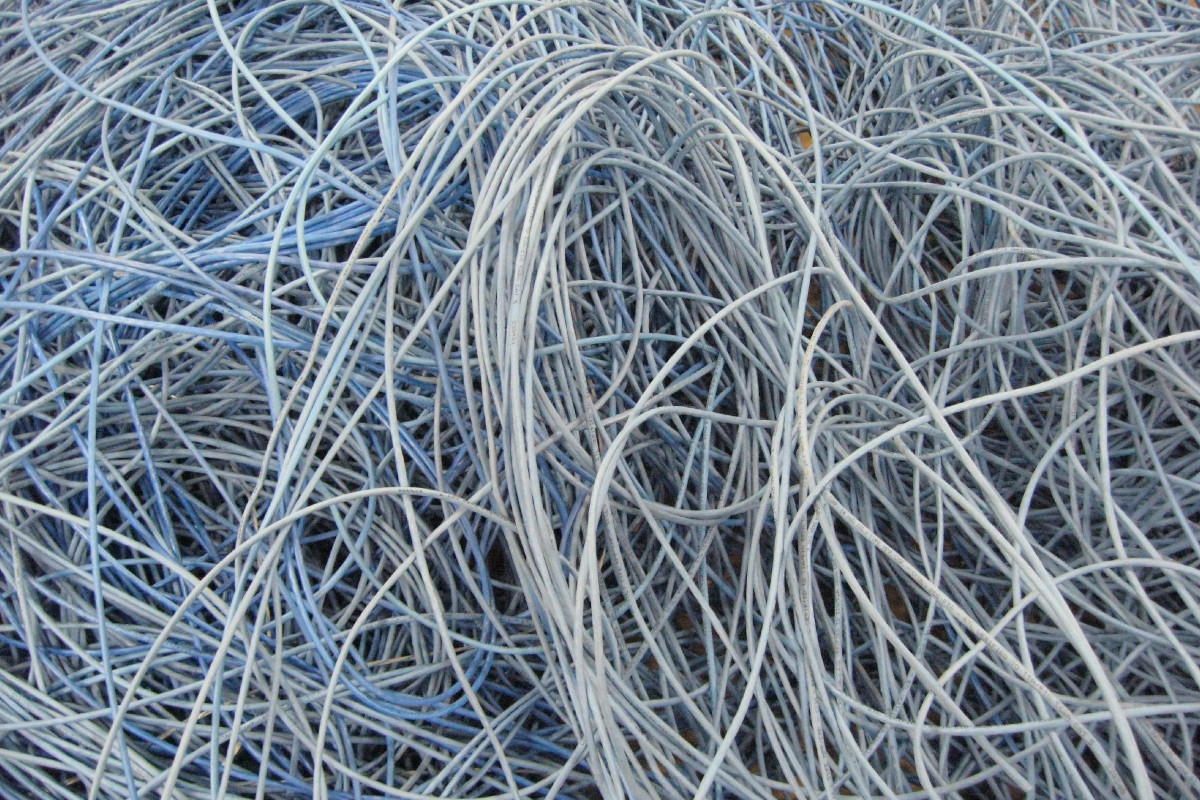New report examines Algeria's role in the European border regime
Topic
Country/Region
19 June 2025
A new report looks at the way the Algerian government has increased its involvement in border control initiatives promoted by European governments, after decades of reluctance to do so.
Support our work: become a Friend of Statewatch from as little as £1/€1 per month.
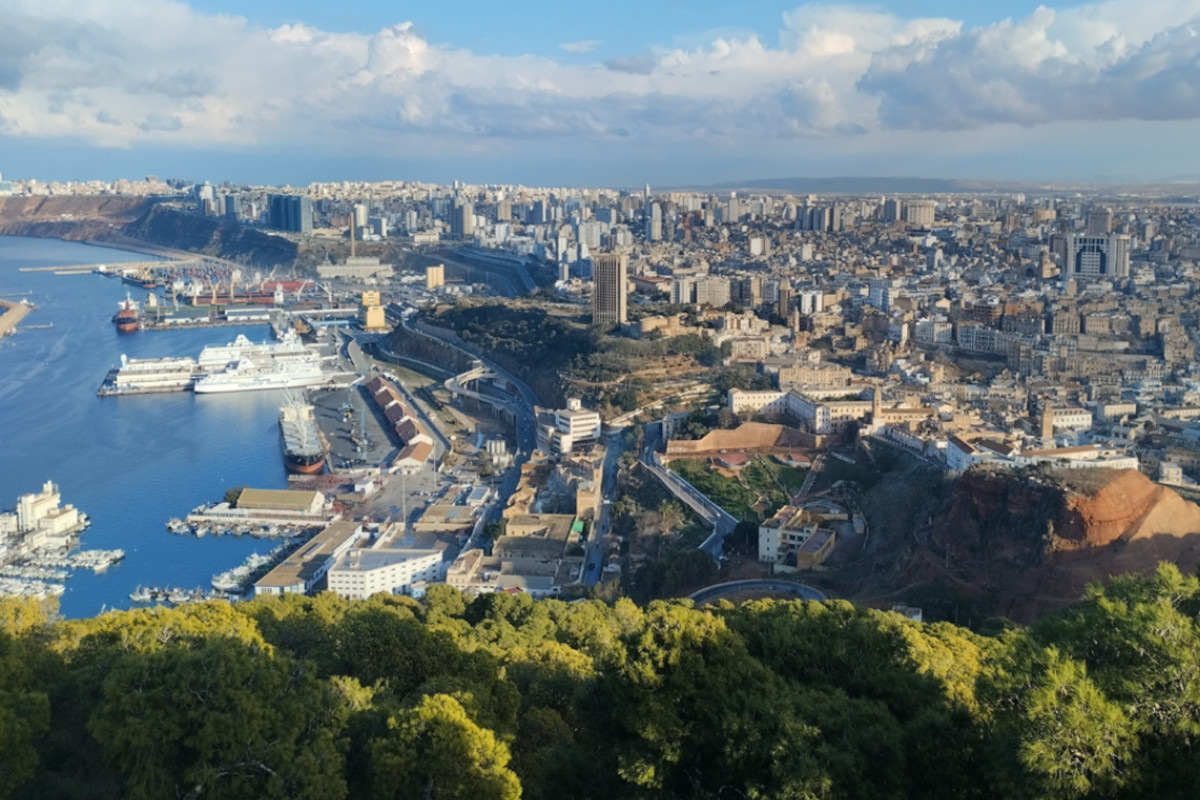
Oran, Algeria. Image: Sofian Philip Naceur
A new report analyses the Algerian government's involvement in border and immigration control projects promoted and funded by European governments, as well as by the Arab League.
This represents a marked shift from the past, when the country "was considered extremely reluctant to formally integrate into the European border regime, near-consistently refusing to take part in Europe-funded ‘border management’ projects," the report notes.
Written by the journalist Sofian-Philip Naceur and published by the Forum Tunisienne Pour Les Droits Economiques et Sociaux (FTDES), the report examines developments at Algeria's borders with neighbouring states, as well as within the country.
It covers a wide range of issues, including Algeria's new asylum law, the development of a substantial border surveillance and security infrastructure and the acceleration of deportation practices.
Support for many of these policies has come from states such as Germany and Italy, as well as international organisations such as the International Organization for Migration and the UNHCR.
The report analyses Algeria's changing border policies in the context of the country's political economy, noting:
"Whereas seasonal labour migration from Niger and Mali has been an integral part of the southern Algerian economy since the 1970s, the construction boom since the early 2000s has rendered people on the move indispensable for the country’s modernisation of housing and infrastructure. Due to their exclusion from social protection, wage security and labour standards, however, state-owned, private, small and medium-sized companies continue to profit from this manufactured precarity."
This aspect of the analysis is central to the report. In an email to Statewatch, Naceur said that there is often a "blind spot" in research and campaigns on border externalisation, which has "partly disarmed those who oppose border regimes." He continued:
"The entire border regime industry is only analysed and tackled through an anti-racist lens. Racism is key to maintain border regimes, without any doubt. But I think we need to additionally get class dynamics back into the discourse, both between the Global North and South and in particular in the South. If a slogan like ‘Freedom of Movement’ is the final and most radical demand one can imagine, a slogan that is now echoing not only throughout Europe but also throughout northern Africa, the Sahel or western Africa, then we have clearly not understand how global capitalism works."
The report also attempts to make the debate on border externalisation policies less Eurocentric. One way it does this is by employing the terms 'harga' and 'harraga', derived from Arabic, as explained in the report:
"‘Harga’ and ‘harraga’ are Arabic terms used in Algeria, Tunisia and Morocco, referring to the activity of irregularly crossing borders, or referring to the people doing so. It could be translated as ‘burning’ borders or ‘those who burn’."
Naceur explained that using this vocabulary is one part of a broader effort. He said:
"The public debates about migration and state crackdowns against human movements are very Eurocentric, both within the European and northern African Left. They mostly claim that border violence on the African continent is the result of migration control policies imported from Europe – as if elites in the so-called Global South have no leverage whatsoever. This narrative, however, does not at all reflect the complexity of the social, economic and political dynamics in the South and, in particular, between southern states."
Statewatch provided support with editing the English version of the report.
Read the report on the FTDES website: Suppression of Movement: Migration Control, Manufactured Precarity and Racialised Border Regimes in Post-Hirak Algeria: In the Name of Sovereignty, at the Service of Rent Accumulation
Editor's note: This article was updated on 20 June to include quotes from Sofian Philip Naceur.
Our work is only possible with your support.
Become a Friend of Statewatch from as little as £1/€1 per month.
Further reading
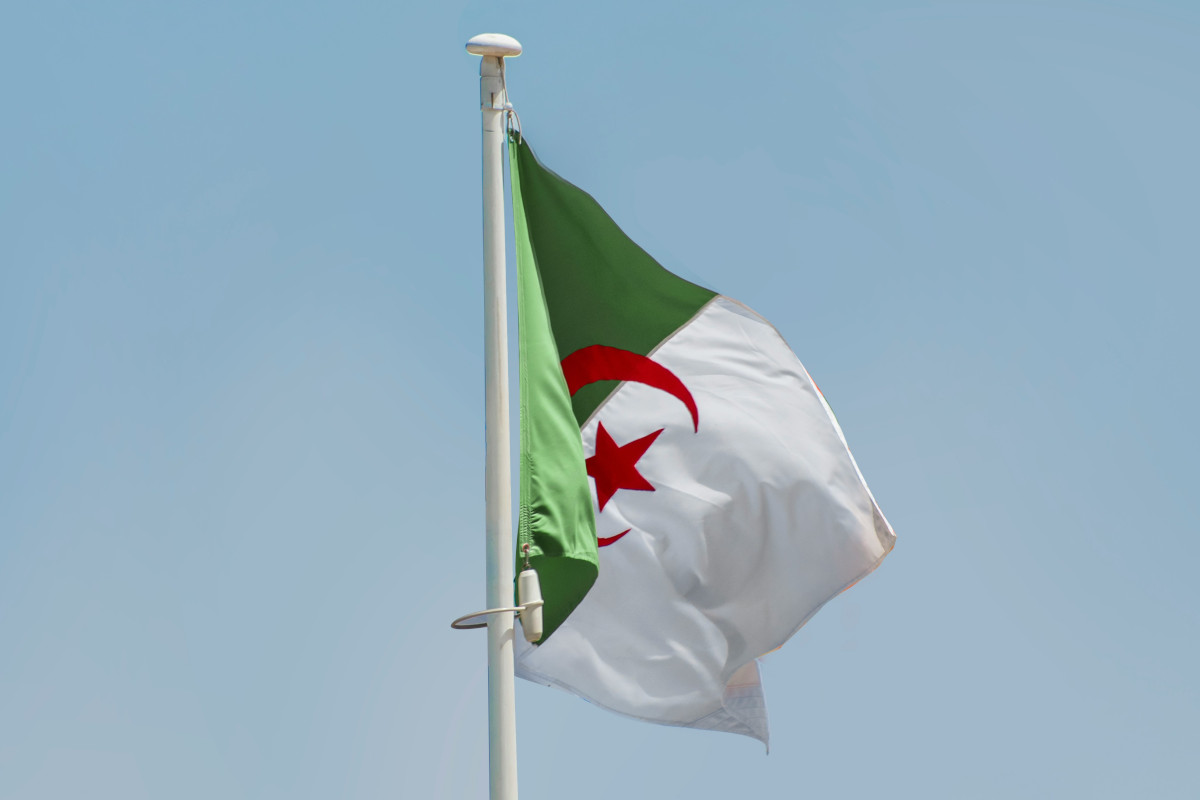
Algeria: Migrants face raids, mass expulsions, and hate speech
In recent years, there has been an alarming rise in hate speech and persistent incitement against migrants from sub-Saharan Africa in Algeria. Racist rhetoric is widely circulated in some media outlets and on social media, underpinning a general climate of marginalisation and discrimination. A joint letter signed by 20 organisations from Europe and Africa calls on the Algerian authorities to halt arbitrary mass expulsions of migrants, and to end policies that criminalise civil society organisations standing in solidarity with them.
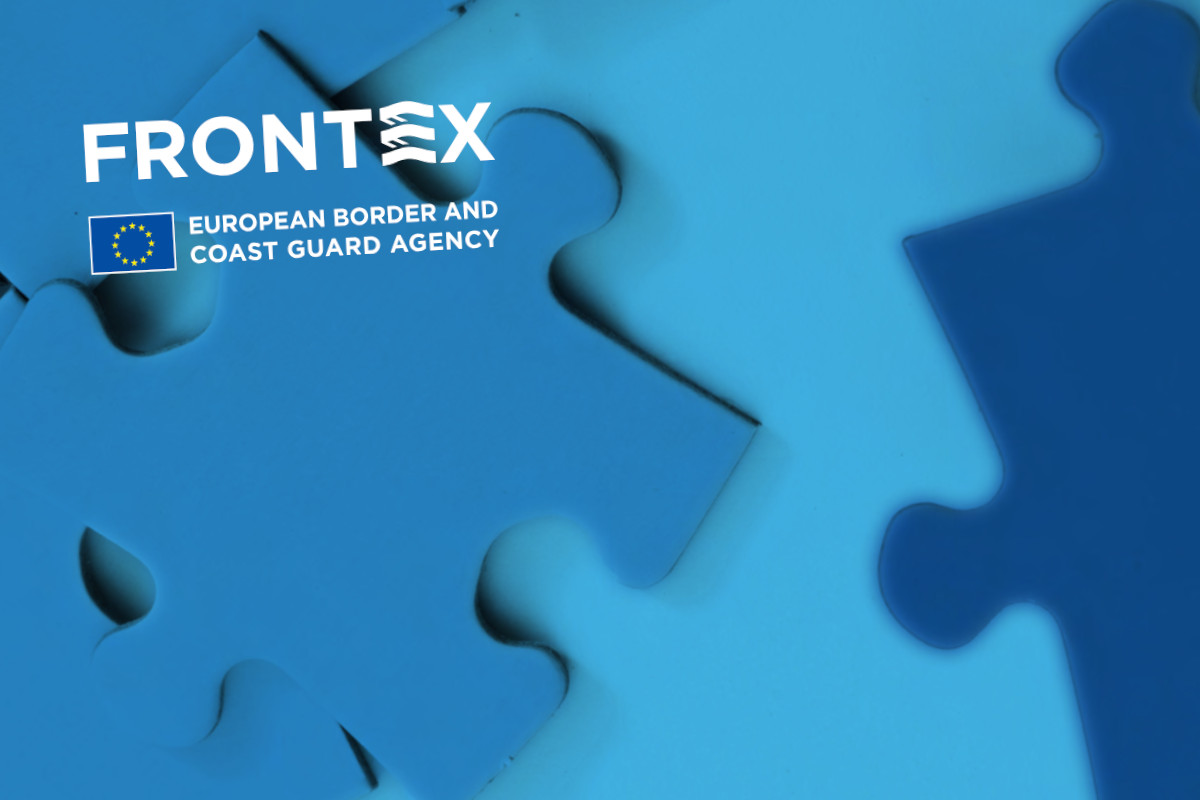
Violence at a distance: Frontex’s increasing role outside the EU
The EU tries to keep ‘unwanted’ people out by outsourcing border control to non-EU states. Frontex, the EU’s border agency, play a key role in a “web of violent deterrence” that is deeply-rooted in Europe’s colonial past. Every year, the agency publishes a report on its work in and with non-EU states. The latest edition demonstrates how its role has expanded, whilst glossing over or ignoring human rights violations.
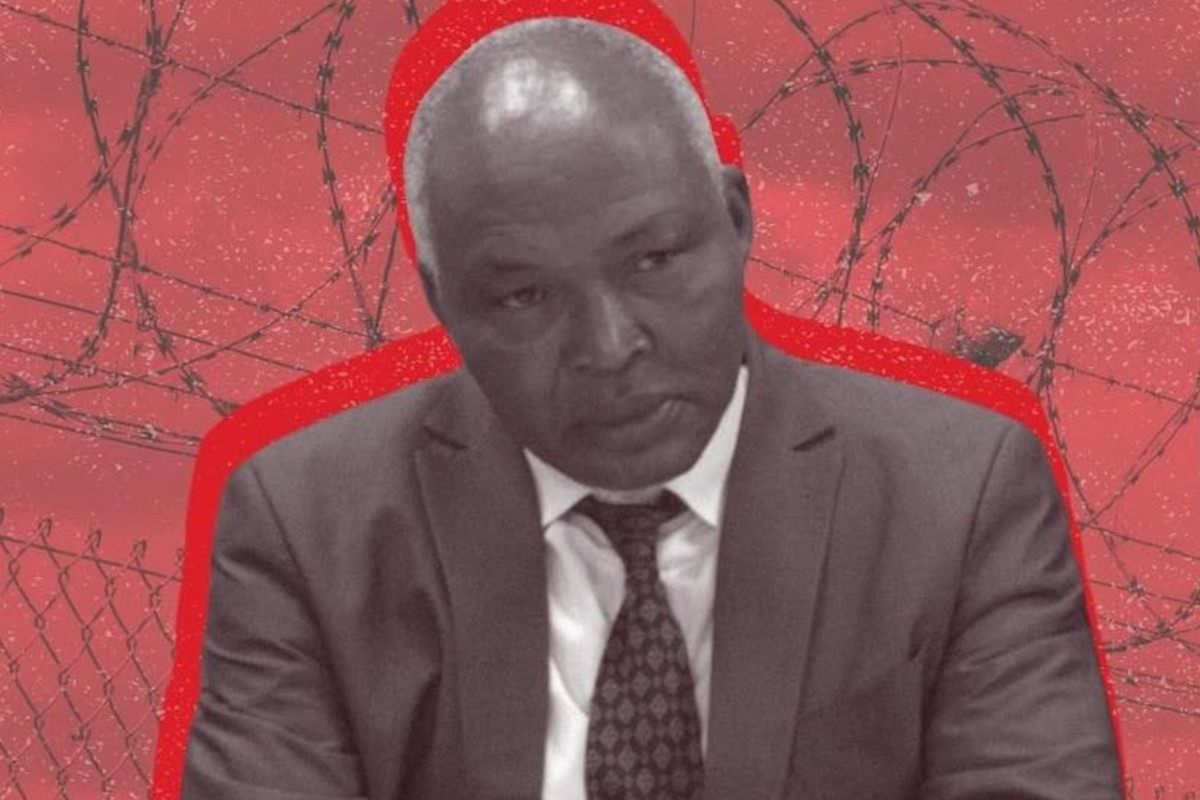
Tunisia: No to the criminalisation of solidarity with migrants
Dozens of organisations and individuals, including Statewatch, are demanding the release of individuals detained by Tunisian authorities for their work supporting migrants and refugees. The call comes in response to the recent arrest and detention of Abdallah Said, whose organisation, Les Enfants de la Lune, cares for disabled Tunisian and non-Tunisian children. His arrest is the latest incident in "a troubling trend of criminalizing solidarity in Tunisia, which has intensified since May 2024," says a joint statement.
Spotted an error? If you've spotted a problem with this page, just click once to let us know.
